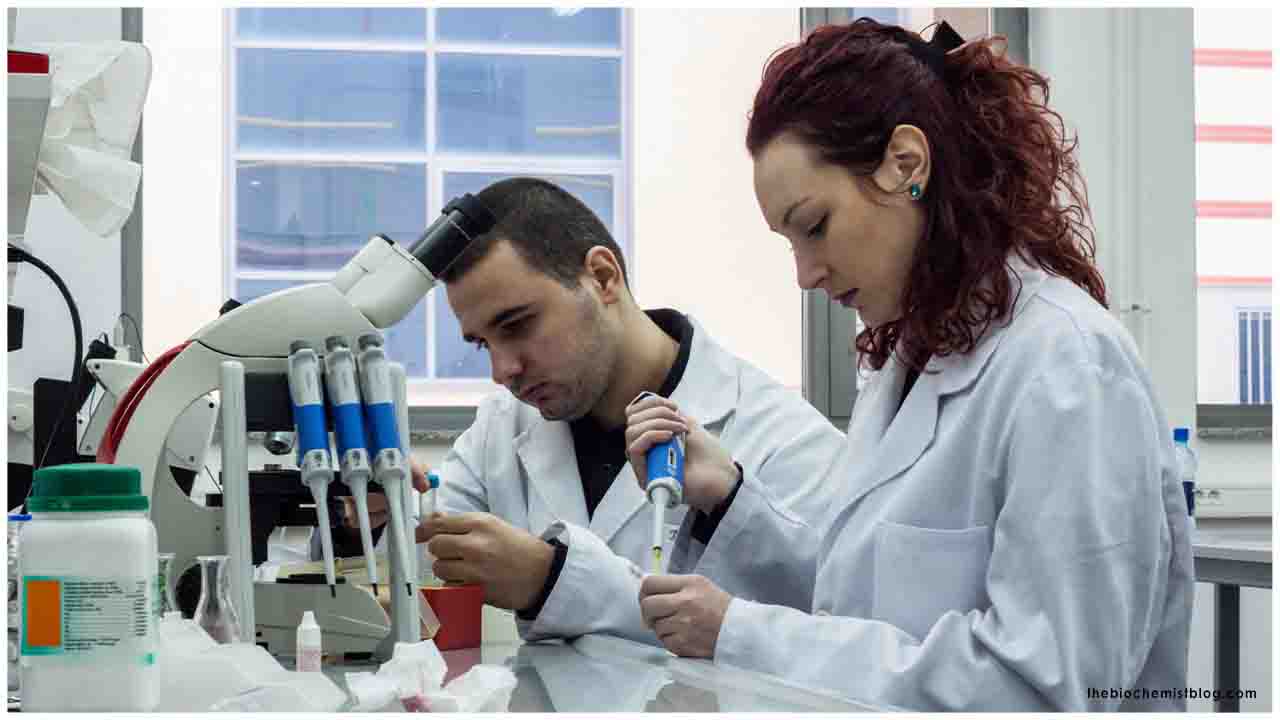Assembly Biosciences, Inc. and Door Pharmaceuticals, LLC announced that the companies have signed an exclusive, two-year collaboration and option agreement focused on the development of a novel class of hepatitis B virus (HBV) core protein modulators. Door Pharmaceuticals’ innovative discovery platform targets functions of core protein distinct from viral assembly and that has the potential to interfere with viral nucleic acid including cccDNA transcription, providing a strong complement to Assembly Bio’s current portfolio.
Under the terms of the agreement, Door Pharmaceuticals will build upon its previous efforts to lead and conduct new discovery research, which will be funded by Assembly Bio. In return for an up-front payment and success-based milestones and royalties, Assembly Bio will be granted an exclusive option to license compounds arising from the collaboration and will be responsible for the continued development and commercialization of optioned compounds. Financial details were not disclosed.
“Door Pharmaceuticals was established by our co-founder, Adam Zlotnick, whose research led to the successful discovery of the core inhibitor candidates that comprise Assembly Bio’s clinical program,” said William Delaney, PhD, Chief Scientific Officer, Virology of Assembly Biosciences. “Adam is a true innovator, and this collaboration is a natural continuation of our work together. We’re excited to build upon our current pipeline of HBV core inhibitors with additional contributions from a science-driven company that shares our passion and focus for bringing new treatment options to patients facing HBV.”
“I’m thrilled at the opportunity to once again contribute to the advancement of Assembly Bio’s core inhibitor platform under this new collaboration,” said Adam Zlotnick, PhD, Founder of Door Pharmaceuticals. “There is a clear mechanistic rationale for the potential role that core inhibitors can play in the treatment of HBV, and it is our hope and belief that the complementary mechanisms of action of these core protein modulators will offer an important therapeutic pathway towards HBV cure.”

 This collaboration will focus on the development of a novel class of hepatitis B virus (HBV) core protein modulators
This collaboration will focus on the development of a novel class of hepatitis B virus (HBV) core protein modulators










.jpeg)




.jpeg)

.jpg)













